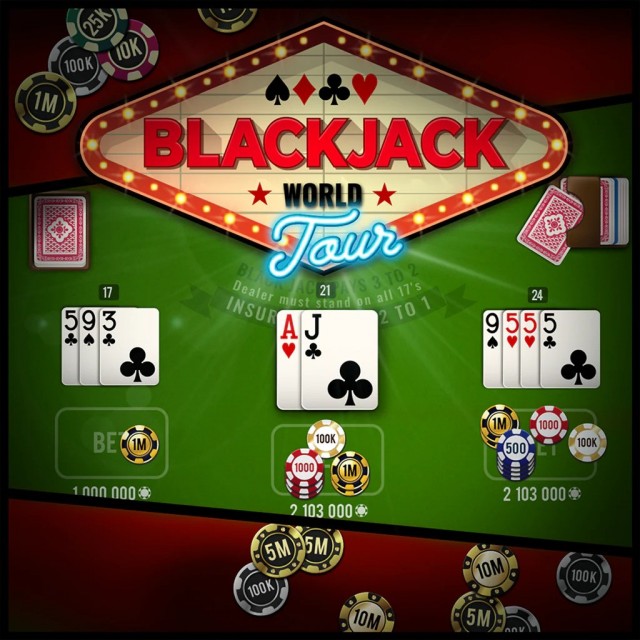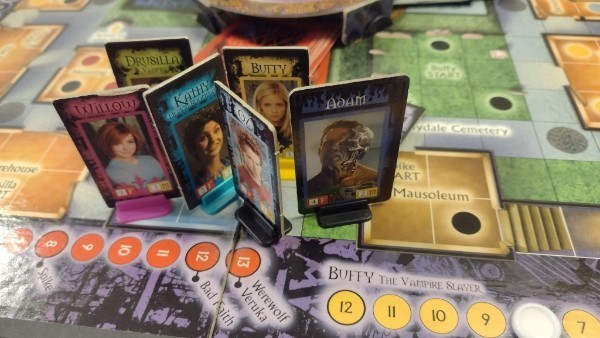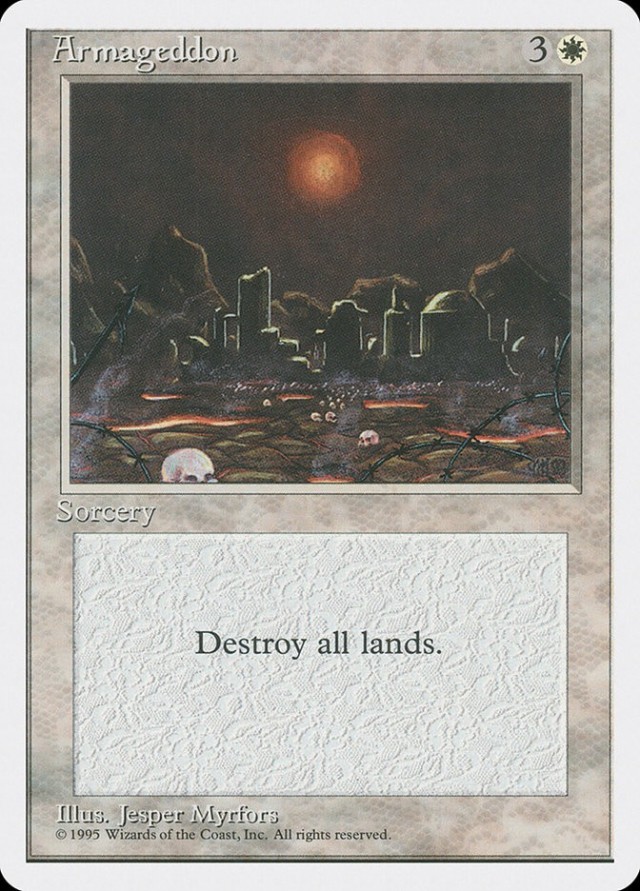On a trip to Ireland in 1993 I found myself standing in a very unique place at a unique moment. At the time considered the oldest building on Earth, I stood in Newgrange with 19 other tourists and a young, exceptionally well-spoken guide that had just asked a pair of very interesting questions.

"Is anyone here in project management?"
I'd wager we weren't the first group she had asked it to, but we may have been the first group to include an Executive Vice President of The Boeing Company. All eyes turned to the man when he replied "I am" with the confidence of a Christian holding four aces. A brief introduction indicated he was a muckety-muck in the 737 reengineering cycle that was currently underway. Boeing, arguably the producer of the single most financially successful invention to grace the face of the Earth does big, complicated things for a living.
Her second question was harder: "Could your company have built this building?"
Earlier she had explained that the construction and assembly of its 200,000 tons of stone slab and other material had likely taken around 4500 man-years of effort, much of which would have occurred offsite in quarries and cutting facilities and along the roads built to support the delivery of finished pieces. Naturally Boeing could pound out Newgrange in a month with current technology and tools, but could Boeing's craftsmen and command structure do it with the tools available in 2950 BCE? He considered the question for a good long time and finally responded, "without the telephone, it would be almost impossible to coordinate today."
Telephone? These people didn't have writing. 4500 man years of labor provided by hundreds of workers was coordinated by word of mouth and empowered managers. "Our neolithic ancestors were technologically primitive," -- this is the guide speaking again -- "but they were not stupid, and they were not disorganized." Eighteen years later I can still hear the admiration in her voice, the august respect she had for people who had stood on the same stones we did 5000 years prior. This brief moment in time provided insight that changed how I viewed ancient peoples. They were us.
Ten years on, this moment still firmly in memory I took a second lesson from it, one that needed to wait until I was wise enough to hear it. If you read between the lines, the executive's answer wasn't saying his people couldn't build it. It was saying his executives couldn't manage it. On big projects management and control is often more challenging than the technological hurdles, and at 39 years I could consider the man's words in a second light. It's not just that they were us, it's that we are them. In spite of our advancements we still have difficulty with complexity, and we seek to avoid it.
Ten years later a third shade of meaning is starting to settle in. The man's very short, very simple answer is profound insight into how dependent we become upon the tools in our day to day lives. In many respects they shape the way we think. As each innovation matures and settles into place in our lives we lean harder on it, relinquishing more control and depending on it to do our job.
Don't get me wrong; I'm not a Luddite. Innovation is great and goodness knows the last 20 years have been a roller coaster ride of advancement. Being able to give someone driving directions used to be a precious skill and few of us were good at it. Today you follow the green line on the little TV screen. When I visited Ireland back in 93 I'd have paid $500 to rent a GPS because, frankly, the Irish have no frikkin' clue how to post road signs or give directions. It's a miracle any of them find their way back home. I found my way around as best I could, but the removal of this piddly inconvenience when added up with its 10,000 brethren totals to a big difference in my life. I enjoy the progress we've made.
But we've lost a step. We've lost the ability to execute for extended periods of time, relying on tools to summarize and manage details that prior generations used to make informed decisions. More than that we've lost the ability to focus for extended periods of time
What have you created that you think will last 5,000 years?
There's a big chunk of that sitting in a field in Ireland that someone long gone has chest-thumping rights on. I'll make the question easier -- what have you done that you think will last 100 years? 20 years? And if it does will you be able to look upon it without grimacing?
Oh I know, 5000 years of history is one big-ass chunk of setup for so insignificant a topic. But I have a bit of end-user wisdom I'd like to pass on to anyone dabbling in the field of boardgame design. The essence of your game's design, its ruleset, might just last 20 or 100 years. And it can be summed up in one very small word. That ruleset is . . . you. It's your proxy. It's your voice speaking to people in a thousand places across the continents of Earth and forward into the future, acting as your messenger in places and times where you cannot be. It very likely will outlive you. So if you're going to send a message across the seven seas and forward to future generations you just might want to spend the time to get it right.
S.
 Games
Games How to resolve AdBlock issue?
How to resolve AdBlock issue? 














